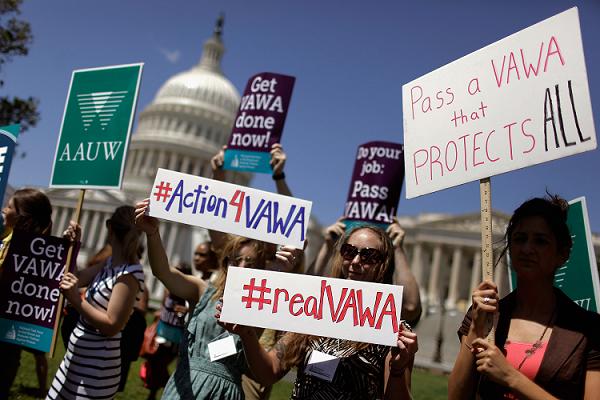Today’s guest post is written by Lydia Perez, who is currently serving as Secretary on our Board of Directors. Lydia has volunteered on our Board for two years, working with her fellow Board members to ensure that the Center’s programs and services are in line with our mission. Read on for Lydia’s message about supporting the Center.
__
David Letterman shares his list every night –here’s mine! Drum roll, please:
Top 10 Easy Ways to Support the Orange County Rape Crisis Center

1. Click the ‘donate now’ button, and immediately take a stand against sexual violence.
2. Mark your calendar for our big party – the silver anniversary (yep, that’s 25 years!) Holiday Auction on December 2. Bring your friends!
3. Check out our Wish List – there are so many ways to support education, services, and advocacy.
4. Volunteer as a Community Educator – we need you! Each year we deliver safety education programs to about 10,000 youth and adults.
5. Brush up on your Spanish so you can assist Maria Morales Levy, our Latino Services Coordinator, with outreach to the Spanish-speaking community.
6. Sign up at the bottom of our homepage to receive our electronic newsletter, The Center Line, and stay up-to-date on all the ways we’re working in the community.
7. Talk to the kids in your life about preventing violence. Ask our Community Educators to present a program to their daycare, youth group, or sports team.
8. Join our #30for30 campaign to celebrate 30 years of providing safety education through Safe Touch program.
9. Create a personalized Wish and use the events in your life to make a difference!
10. Email your legislators and tell them how important continued funding is for all violence prevention programs.
__
Special thanks to guest blogger Lydia. Find out more about joining our Board of Directors at www.ocrcc.org/volunteerboard.
 Yet on the web, it would seem that you have few options, with about 99 out of 100 costumes for women featuring her body in the same tight, revealing dress, walking in terrifyingly painful heels. Some of you may be asking yourselves, “Why is it that the men’s shark costume looks like a shark, and the costume women are supposed to squeeze into doesn’t even feature a tail?”
Yet on the web, it would seem that you have few options, with about 99 out of 100 costumes for women featuring her body in the same tight, revealing dress, walking in terrifyingly painful heels. Some of you may be asking yourselves, “Why is it that the men’s shark costume looks like a shark, and the costume women are supposed to squeeze into doesn’t even feature a tail?”
 In working toward a world without violence, what better way to gather male support than through the powerful words of other male allies? That’s why on Tuesday, October 16, Dr. Jackson Katz came to speak as the final event for the
In working toward a world without violence, what better way to gather male support than through the powerful words of other male allies? That’s why on Tuesday, October 16, Dr. Jackson Katz came to speak as the final event for the 





